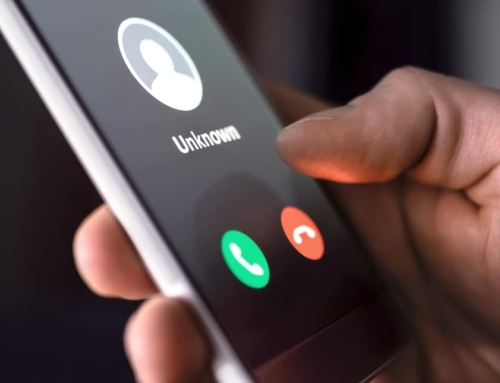Every minute, of every day during the year, someone’s identity is stolen. The thief uses the victim’s identity to get new credit cards, buy homes or boats, or withdraw cash from a checking or savings account.
Worse than the devastating financial loss, perhaps, is the idea that someone is impersonating you in order to open these credit accounts, rent apartments or engage in criminal activity. The loss of control over your personal identity makes one feel vulnerable.
According to Equifax (Equifax.com), one of the nation’s three major credit reporting bureaus, identity theft is typically discovered some 14 months after the theft had occurred. The reason it isn’t caught sooner is that consumers only check their credit history if something goes wrong (like a credit card is suddenly and suspiciously charged to the max) or if they are making a major purchase, like buying a house or car.
By then, the damage has been done, and the victim’s credit history is typically ruined. Although credit companies ultimately will cover the financial loss, the victim might spend years straightening out his or her credit, which may make it difficult to get a job, rent an apartment or write a check, according to the Equifax website.
The key to your personal identity is your social security number. A unique number is issued to each U.S. citizen at birth, and typically this is the number used on bank account applications, on insurance forms and even your driver’s license. Thieves can access your social security number, and other personal information such as bank account numbers, ATM cards with pin numbers, in a number of ways, including stealing your mail, looking through your garbage (called “dumpster diving”), stealing your wallet, posing as your employer, bank or utility company needing to "update records," stealing information off the Internet, completing a “change of address form” at the post office, and stealing or copying a check or charge card form you’ve filled out and signed.
If you’re a trusting soul, you probably won’t pay much attention to the details of what happens to your receipt, and how you carry your information and credit cards around. Equifax says you’ll be able to prevent most identity thefts simply by taking a few easy steps:
Carry only the credit or ID cards you need on any given day. File the others safely at home, preferably in a home safe that’s fireproof. If you haven’t seen a credit card for awhile, make sure you find it or can account for it.
Sign your credit cards and ATM cards immediately. You may even want to write “Check ID” alongside your signature, so that if a clerk does check the signature, you’ll be asked to produce a photo ID. (Of course, store clerks rarely check signatures these days, so you should consider prompting them at every opportunity.)
Do not attach or write down a pin number to any credit or debit card you carry with you, since that would give someone access to your accounts. You should also shred any document that contains your credit card or pin numbers before you throw it away. (A cross shredder is best; other shredders might permit someone to piece the papers together.)
Next, check your receipts against your credit card statements to ensure you received your own and not someone else’s charges. If a charge doesn’t look familiar, call the credit card company to get a more complete explanation.
If you don’t receive your statements, alert your card issuer immediately. If possible, sign up online with your credit card company. You can access your account and current statement online, and even pay your bill electronically.
Avoid giving your personal information or any account numbers to anyone until you’ve confirmed the identity of the person requesting the information. You’re probably safe if you’ve called the company. But if someone calls you, be on your guard.
Finally, check your credit history at least once a year. You can buy a copy of your credit report and score online for $12.95 from myFICO.com. Equifax, one of the three major credit reporting bureaus, also offers a brand new service called Equifax Credit Watch, which will alert you via email any time there is a change to your credit history. The cost if $49.95.
If you have been a victim in the past of identity theft, or suspect you may be a victim, you can ask Equifax, Experian and Trans-Union, to put a warning on your account. This is supposed to prevent any creditor from issuing new credit until they’ve personally check with you via telephone.
While this service is free, and sounds like a perfect way to avoid identity theft, it can make life a little more difficult for you as you’re trying to obtain credit.




Leave A Comment